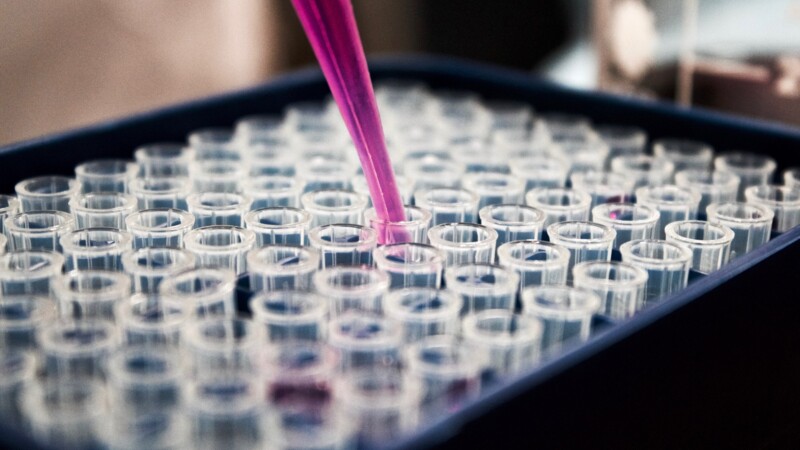“We want to use this project to develop an instrument for Hamburg that enables us to make reliable statements about health issues on the basis of the analysis of the aquatic microbiome," said Prof Dr Wolfgang Streit, Head of the Department of Microbiology and Biotechnology at UHH. Sewage has proven to be a good indicator of the spread of diseases, and not just during the pandemic. The MOMOBIO researchers now want to analyse urban sewage over a longer period of time to find out how microbial biodiversity changes and its impact on the health of the population.
The German Ministry of Education and Research has earmarked EUR 1.9 million in funds for the “Molecular Monitoring of Bacterial Biodiversity in the Water Cycle" (MOMOBIO) project through 2027. The project is being managed by the University of Hamburg (UHH) in co-operation with the University Hospital Hamburg-Eppendorf, Hamburg Wasser, the Institute for Hygiene and Environment and the non-governmental organisation "Life Science Nord". Research centres on micro-organisms such as bacteria, viruses and fungi found in Hamburg's water.
New findings on health of population
Climate change and people as factors
The composition of microscopic organisms in water is highly influenced by human activities, including toxins and microplastics in the water cycle. Climate change is exacerbating these developments. The scientists use bioinformatic analysis methods and carry out molecular genetic analyses to better understand these relationships.
fw/mm/pb
Sources and further information
More
Similar articles

Hamburg University gets EUR 1.7 million for CO2 research

Hamburg taking part in pilot project on sewage monitoring

